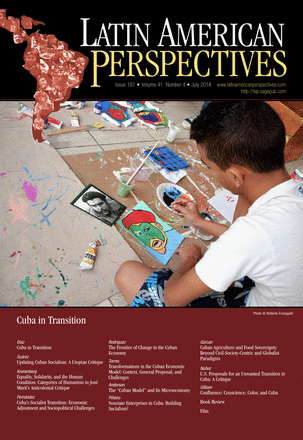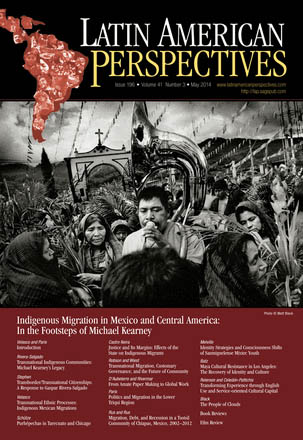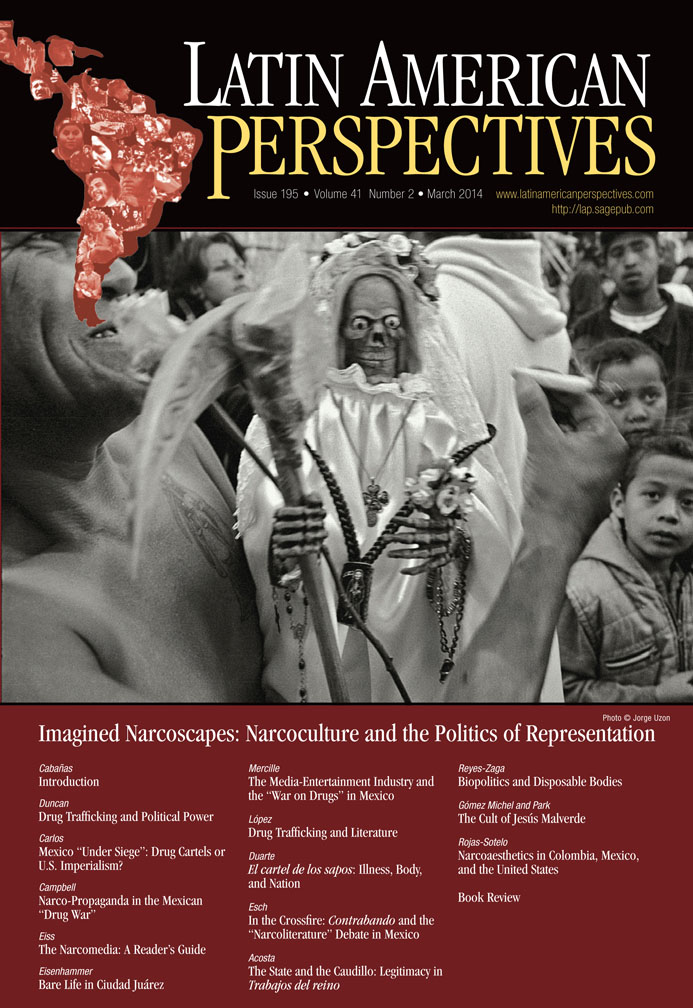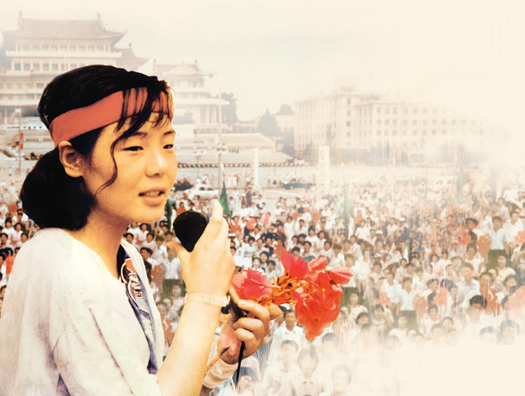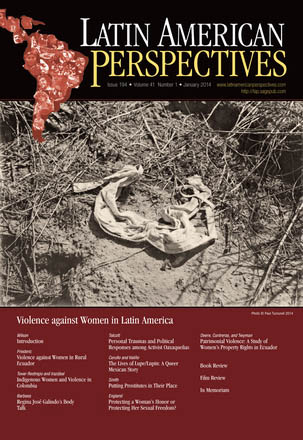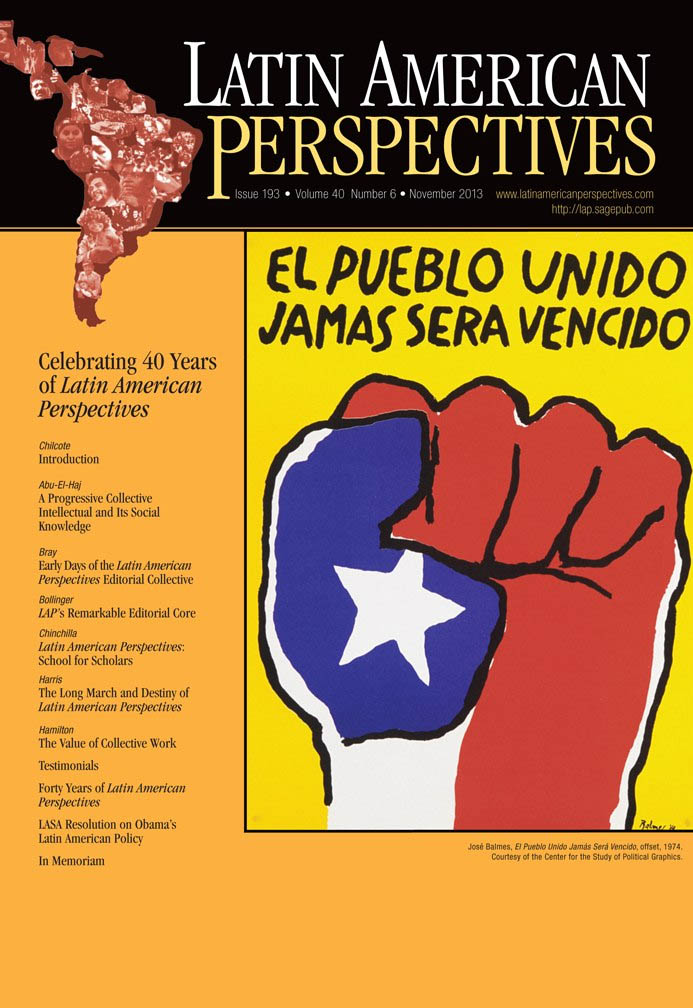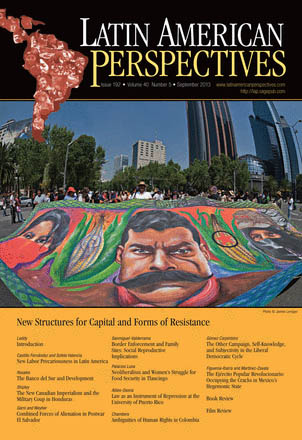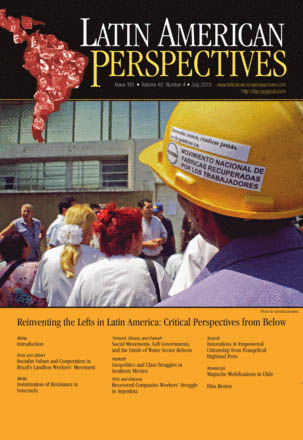El edificio de los Chilenos (featured film)
Macarena Aguiló’s debut documentary The Chilean Building (Magic Lantern Films, 2010) takes up an often neglected aspect of the organized struggles against the Pinochet dictatorship. The film reminds us that when young militants went underground to organize armed resistance, they made enormous sacrifices to protect their children (often targets of the repression) that sometimes entailed a radical challenge to their roles as parents. Aguiló tells the story of a group of more than 60 children who were put in the care of surrogate parents, first in Europe and then in Cuba. The biological parents belonged to the same political organization, the MIR (Movimiento de Izquierda Revolucionario), and, as the film discloses, had lengthy debates about the pros and cons of leaving their children temporarily while they carried on the struggle. The film interviews reveal profound meditations on familial responsibilities and political commitment and thoughts about the damaging role of conservative institutions and practices on the education of children. They also deal with the profound disappointment of the revolutionaries and their children upon returning to a politically divided Chile. The fact that this remarkable story is told from a first-person perspective generates rich historical readings. As a small child, Macarena Aguiló was kidnapped [...]



